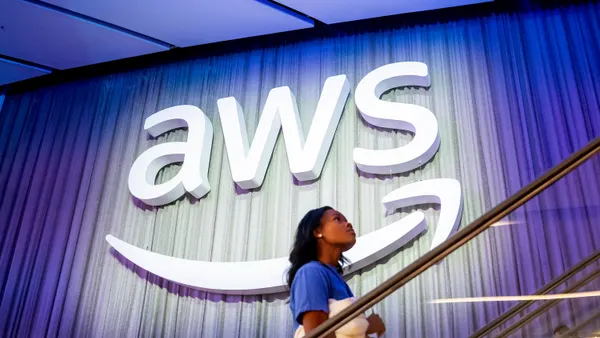Republican presidential candidate Donald Trump made a bold statement earlier this week: if he is to become president, he would propose legislation that would ban Muslims from entering the United States.
Since the beginning of his campaign, Trump has been a proponent of restricting the H-1B visa program. More specifically, he has called for a provision compelling businesses to "hire American workers first" as well as raise prevailing wages to deter wage undercutting.
H-1B legislation in the works
The H-1B program may soon face massive change. On Tuesday, Sen. Bill Nelson introduced legislation to reduce the H-1B cap by nearly 25%, from 65,000 to 15,000.
Along with reducing the supply of H-1B visas, the bill would also change how visas are distributed, allocating them on the basis of salary rather than random lottery. Employers who pay the most would have the best chance of getting a visa petition approved.
"By cutting the number of visas available each year and requiring those visas be given to the highest-wage earners first, this bill directly targets outsourcing companies that rely on lower-wage foreign workers to replace equally-qualified U.S. workers," said Nelson.
Nelson became a proponent of H-1B visa reform after Southern California Edison workers complained earlier this year that over 500 of them were laid off so the company could outsource labor at a lower cost. Soon after, Disney hired IT services contractors that use H-1B workers. Disney IT employees said they had to train visa-holding replacements in order to receive a severance.
Nelson is also a co-sponsor of an H-1B reform bill by Chuck Grassley (R-Iowa) and Dick Durbin (D-Ill.).
The Grassley-Durbin bill includes a priority system for visa distribution that favors advanced degree holders and those paid a high wage. It also limits the use of H-1B workers by offshore outsourcing IT services firms by prohibiting them from hiring added visa workers if more than 50% of their employees are already on H-1B or L-1 visas.
Lack of talent, or lack of cheap talent?
The top employers of H1-B workers are all IT consulting firms and include Infosys Limited, Tata Consultancy Services Limited, and Wipro Limited.
Some argue that there is already a severe shortage of IT talent in the U.S., both existing and emerging. Foreign students make up a significant percentage of computer science enrollments. According to data from the Computing Research Association, 60% of computer science doctoral degrees went to non-resident aliens last year. Loss of the H-1B program, some say, would mean the loss of IT talent the U.S. needs to remain innovative and economically solid.
But H-1B critics say there's no shortage of Americans with tech skills, and the technology industry is simply misusing H-1B visas in order to obtain cheap talent. In fact, 61% of visa holders work in computer-related jobs, earning a median salary of $70,000, according to a joint study conducted by UC Davis and Colgate University. The mean annual salary for a U.S.-based computer engineer, meanwhile, is around $108,000, a 2014 survey by Michigan Technological University found.
It is difficult to say exactly what impact the loss of foreign tech talent might have on U.S. companies in need of tech talent, but depending on how the current bills and the presidential race go, we may soon find out.













